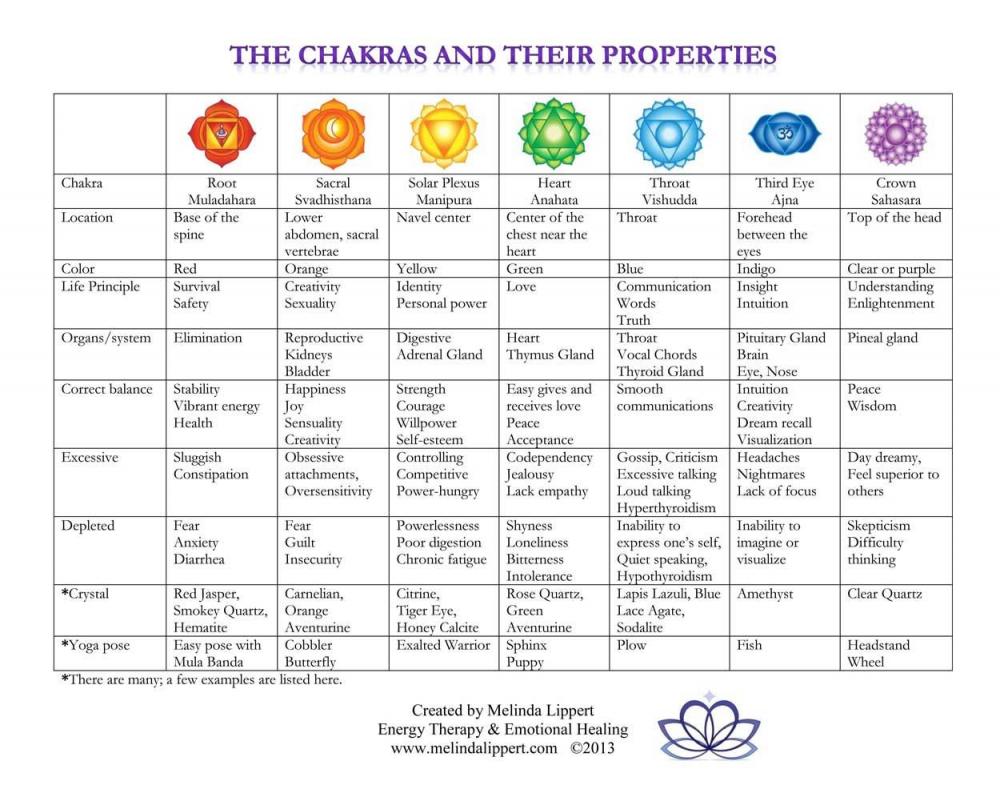5 Ways Eastern Philosophy

Eastern philosophy, encompassing a broad range of traditions including Buddhism, Taoism, Confucianism, and Hinduism, offers profound insights and practices that can enrich our lives. At its core, Eastern philosophy often focuses on the attainment of balance, harmony, and enlightenment, encouraging individuals to embrace a holistic view of the universe and their place within it. Here are five ways Eastern philosophy can influence and improve our daily lives:
1. Mindfulness and Meditation
One of the most significant contributions of Eastern philosophy to modern life is the practice of mindfulness and meditation. Originating from Buddhist and Taoist traditions, these practices encourage individuals to live in the present moment, letting go of past regrets and future anxieties. Through mindfulness, one can cultivate a deeper awareness of their thoughts, feelings, and bodily sensations, leading to a more profound sense of inner peace and clarity. Regular meditation has been shown to reduce stress, improve mental focus, and enhance emotional well-being, making it an invaluable tool in today’s fast-paced world.
2. Holistic Approach to Health
Eastern philosophies, particularly Traditional Chinese Medicine and Ayurveda (from Hinduism), advocate for a holistic approach to health, emphasizing the interconnectedness of the body, mind, and spirit. This perspective encourages individuals to consider their lifestyle, diet, and emotional state as critical factors in their overall health, rather than solely relying on pharmaceutical interventions. By adopting practices such as yoga, tai chi, and qi gong, individuals can cultivate physical well-being, mental clarity, and spiritual growth, aligning with the natural flow of life and the principles of balance and harmony inherent in Eastern thought.
3. Ethics and Compassion
Eastern philosophies like Buddhism and Confucianism place a strong emphasis on ethics and compassion. The Buddhist principle of loving-kindness (metta) and the Confucian virtue of ren (benevolence) encourage individuals to cultivate a sense of empathy and understanding towards all beings. By embracing these ethical teachings, individuals can foster more harmonious relationships, contribute to the greater good, and find personal fulfillment through altruistic actions. This approach to ethics is not based on commandments or external authorities but rather on the understanding that our actions have consequences and that treating others with kindness and respect is essential for creating a balanced and peaceful world.
4. Simple Living and Contentment
The concept of simple living is deeply ingrained in many Eastern philosophies, including Buddhism and Taoism. These traditions often advocate for a life of moderation, encouraging individuals to find contentment in what they have rather than constantly striving for more. By embracing simplicity, one can reduce unnecessary desires, cultivate gratitude, and focus on what truly adds value to their life. This approach not only leads to personal satisfaction but also promotes sustainability and reduces one’s impact on the environment, aligning with the Taoist principle of living in harmony with nature.
5. Embracing Impermanence
Lastly, Eastern philosophies, especially Buddhism, teach us to embrace impermanence (anitya) as a fundamental aspect of life. Everything is in a constant state of change, and nothing lasts forever. By accepting this reality, individuals can develop a healthier relationship with attachments, letting go of resistances to change and embracing the fluid nature of life. This mindset can lead to greater resilience, adaptability, and peace, as one navigates life’s challenges with a deeper understanding that every ending marks a new beginning.
How can I incorporate mindfulness into my daily routine?
+To incorporate mindfulness into your daily routine, start by setting aside a few minutes each day for meditation or deep breathing exercises. You can also practice mindfulness during daily activities like eating or walking by focusing your attention on the sensations and experiences of the moment. Consistency is key, so try to make mindfulness a regular part of your day.
What are some simple ways to adopt a more holistic approach to health?
+Adopting a holistic approach to health can start with simple changes like incorporating more whole foods into your diet, staying hydrated, and engaging in regular physical activity that you enjoy, such as walking or yoga. Additionally, prioritize sleep and explore stress-reducing techniques like meditation or journaling. Small, sustainable changes can lead to significant improvements in overall well-being.
How can I cultivate compassion and apply it in my daily life?
+Cultivating compassion involves developing empathy and kindness towards oneself and others. Start by practicing self-compassion, acknowledging your own struggles and treating yourself with kindness. Then, extend this compassion to others through active listening, volunteer work, or simply being present for those around you. Mindfulness and meditation can also help increase feelings of compassion by expanding your ability to understand and connect with others.
In conclusion, the wisdom of Eastern philosophy offers a wealth of knowledge and practices that can profoundly impact our lives. By embracing mindfulness, adopting a holistic approach to health, practicing ethics and compassion, living simply, and accepting impermanence, individuals can cultivate a deeper sense of purpose, peace, and fulfillment. As we navigate the complexities of modern life, the timeless principles of Eastern philosophy serve as a guiding light, encouraging us to live in greater harmony with ourselves, others, and the natural world.

